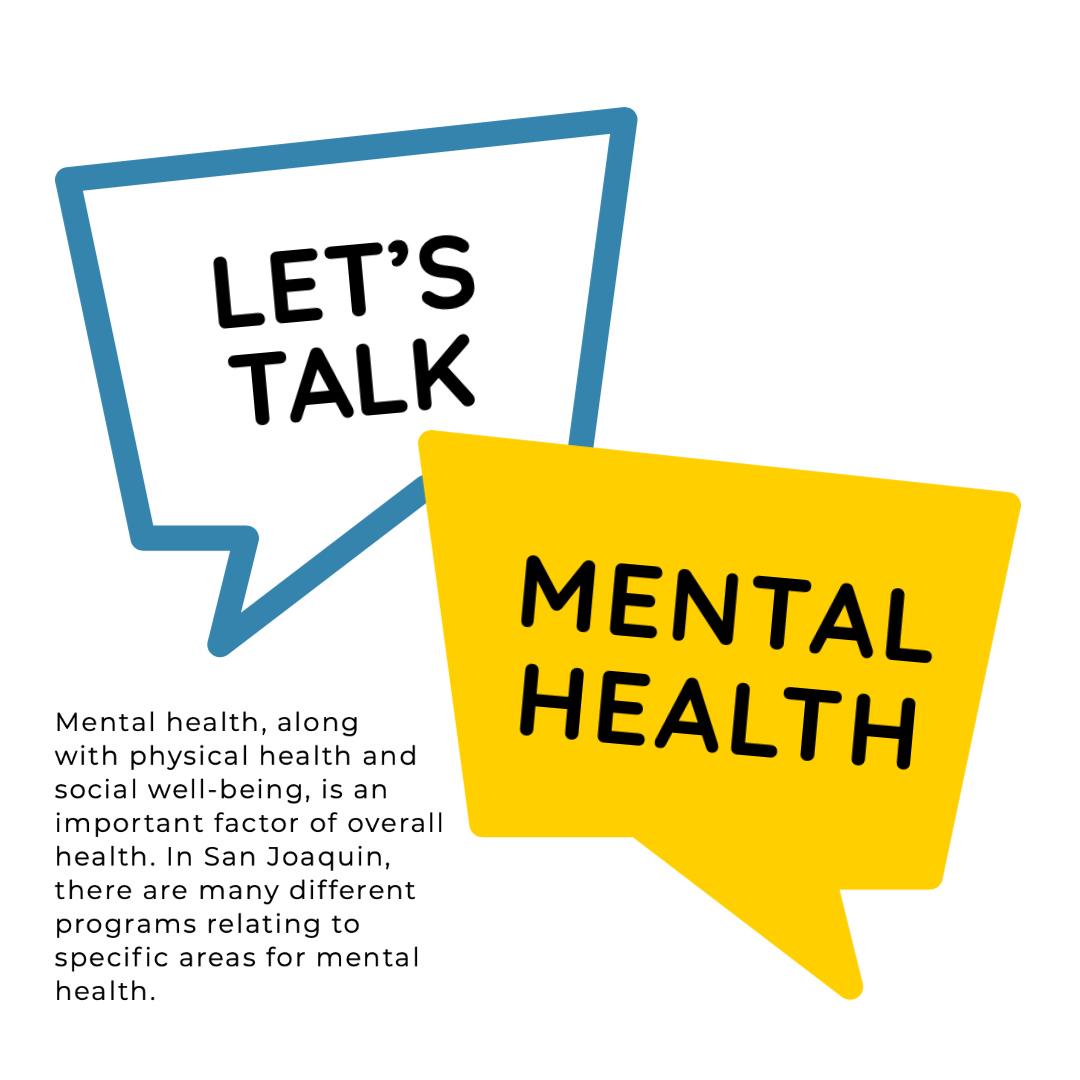RESOURCES
At-Home Activities
Mental Health Resources


Diaphragmatic Breathing
When we are stressed, our normal response is to breathe from our chest. Diaphragmatic breathing encourages full oxygen exchange. It assists with slowing the heartbeat and encourages the body to relax.
1) Sit in a comfortable position, legs shoulder width apart, eyes closed, jaw relaxed, arms loose
2) Place one hand on your chest, one hand on your stomach
3) Try to breathe so that only your stomach rises and falls
– Inhale: Concentrate on keeping your chest relatively still. Imagine you are trying to hold up a pair of pants that are slightly too big.
– Exhale: Allow your stomach to fall as if you are meting into your chair. Repeat the word ‘calm’ to provide focus as you are practicing this exercise.
4) Take several deep breaths moving only your stomach in and out with the breath.
5) Practice 3-5 minutes 2-3 times. The more you practice the faster your progress will be.
Square Breathing
This type of breathing can assist with heightened performance and concentration and also is a powerful stress reliever.

Gratitude is the act of saying thank you or the practice of being thankful. It has been shown that those who practice gratitude have better wellbeing, are more optimistic and connected to others and have decreased anger. Gratitude may be linked to resilience and your ability to recover from stressful situations.
- Meditate on or journal one thing that you are grateful for each day.
- Write a thank you note to someone.
- Call, text or email someone a thank you.

